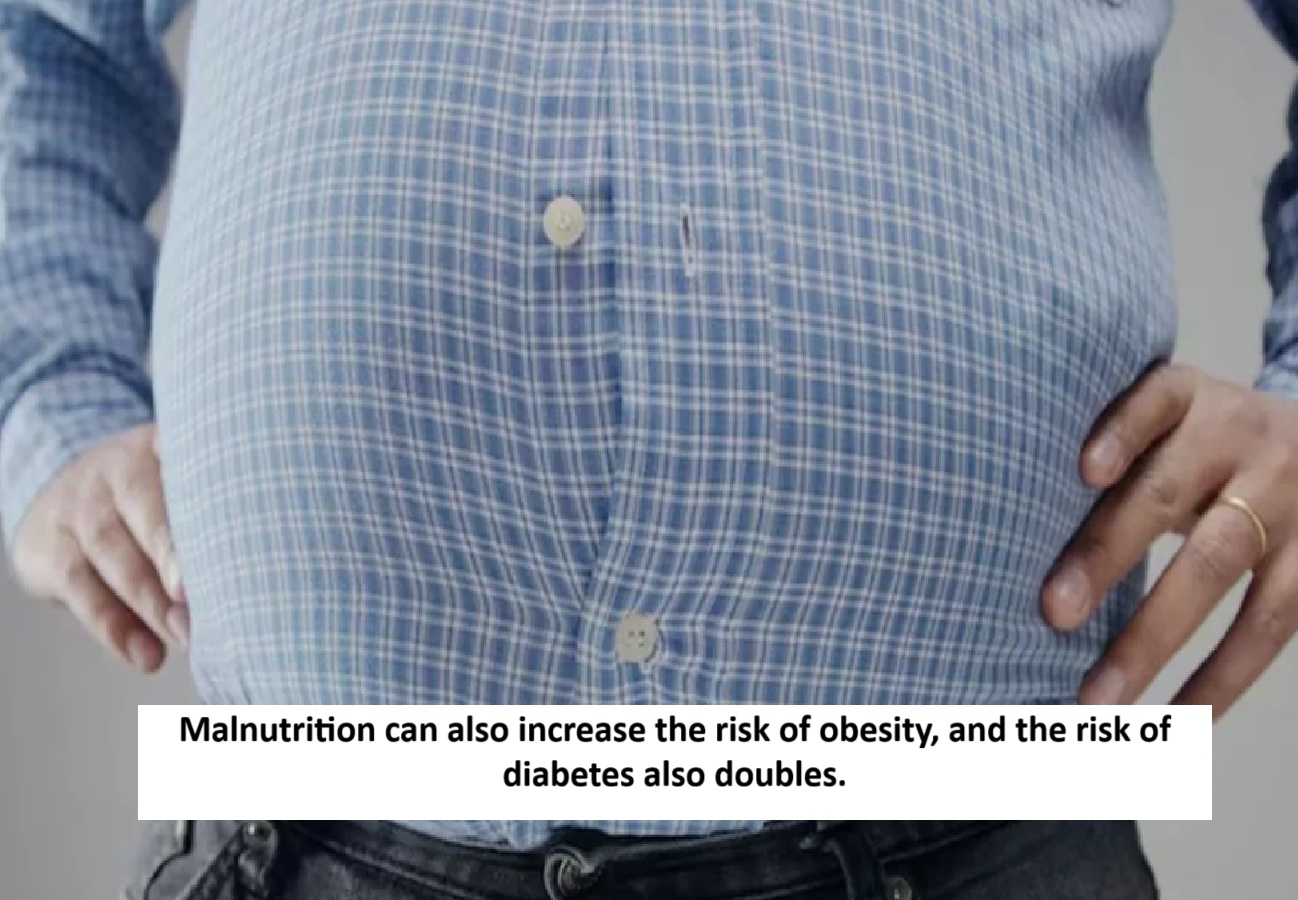
News Topical, Digital Desk : The mention of malnutrition often conjures up images of frailty and thinness. It's often associated with a lack of proper nutrition. But health experts said on Monday that it's also a growing risk factor for obesity and diabetes.
According to UNICEF, the global burden of obesity among school-age children and adolescents is projected to exceed underweight for the first time in 2025. This dramatic shift in malnutrition threatens the health and future prospects of children, communities, and countries.
Malnutrition is also a cause of obesity
The UN agency's Child Nutrition Report highlights how unhealthy food environments are contributing to the global problem of overweight and obesity among children and adolescents. Dr. Rajeev Jayadevan, Chairman of the Scientific Committee of the Indian Medical Association, Kochi, said, “When we think of malnutrition, we usually picture thin children or adults. But in today's world, malnutrition can also lead to obesity. People from poor backgrounds, with less awareness, often buy cheap foods and drinks that are high in sugar and fat, but low in nutrition.”
This can be illustrated by sugary soft drinks. These are promoted by celebrities and are cheaply sold, yet they promote obesity and diabetes. Compared to relatively educated individuals who consume a balanced diet rich in water and protein, fiber, fruits, and vegetables, these people choose sugary drinks, calorie-rich fried snacks, and packaged foods, which are relatively cheap. Experts also say that malnourished mothers give birth to children who grow up to be obese, especially when foods are plentiful.
According to a study published in the research journal Cell Metabolism, Indian researchers studied the effects of malnutrition on 50 generations of mice, which closely mimics the human population of developing countries. Malnourished mice were found to have higher levels of insulin and lower levels of vitamin B12 and folate compared to normal mice. The study findings showed that malnourished mice exhibit metabolic abnormalities related to epigenetic changes, which do not reverse even after two subsequent generations have unlimited access to normal food.
--Advertisement--

 Share
Share



